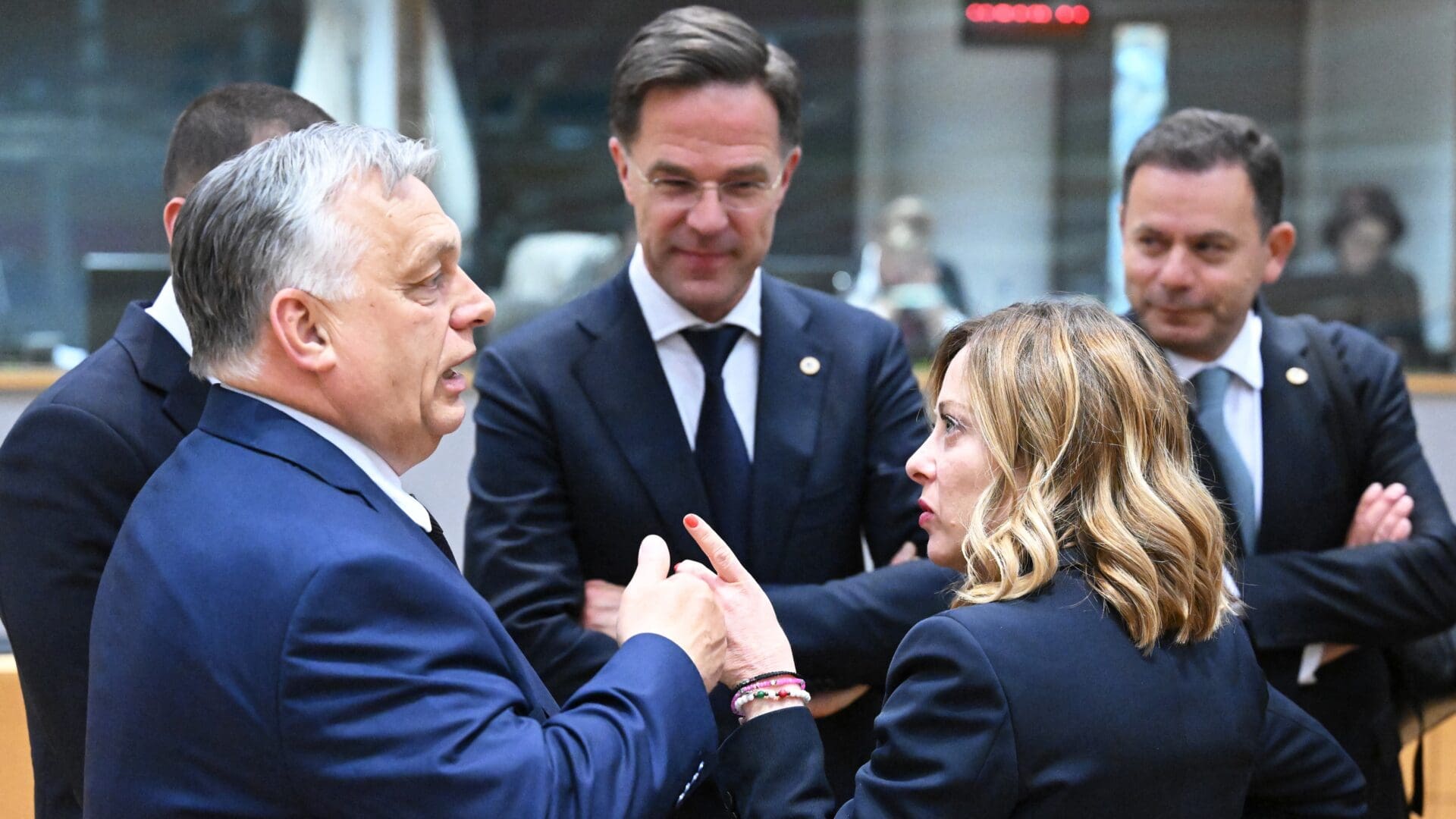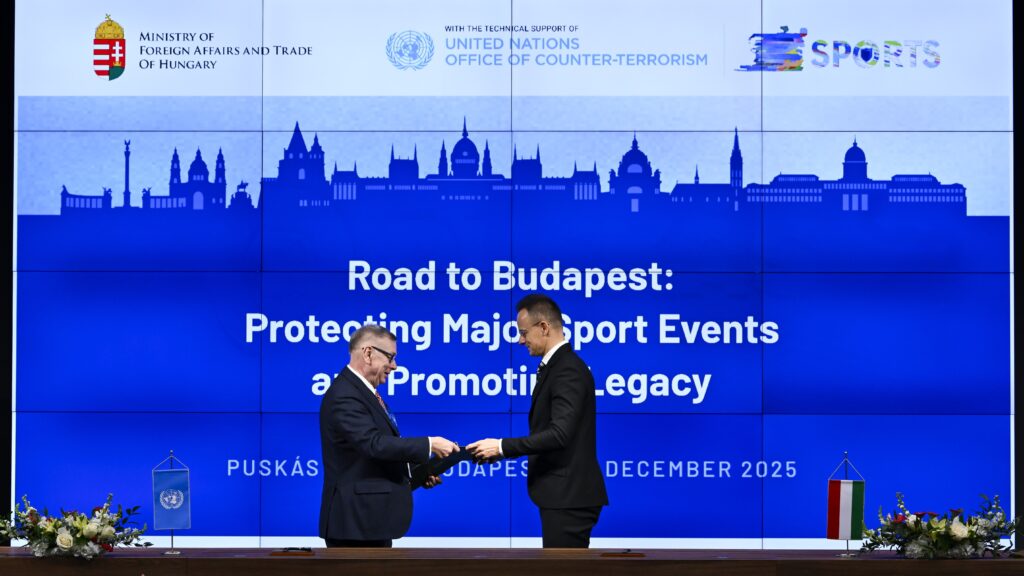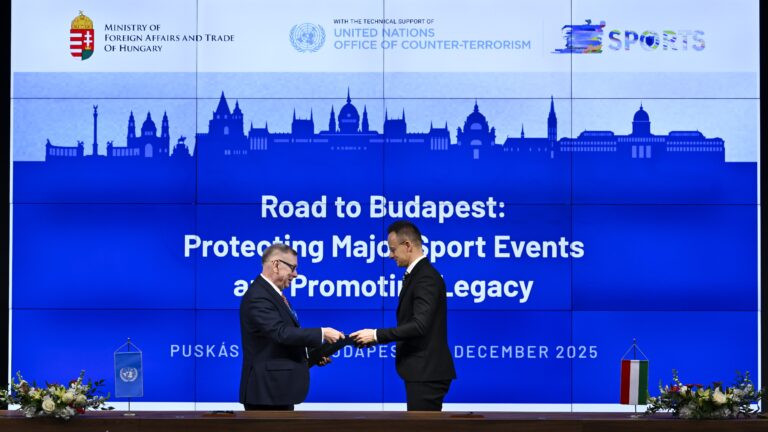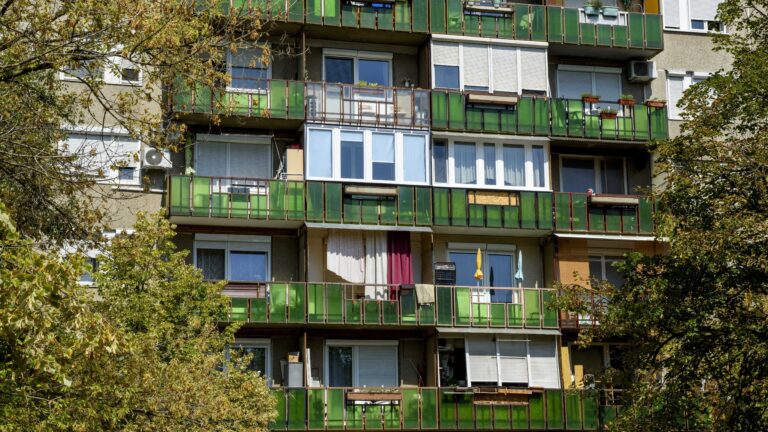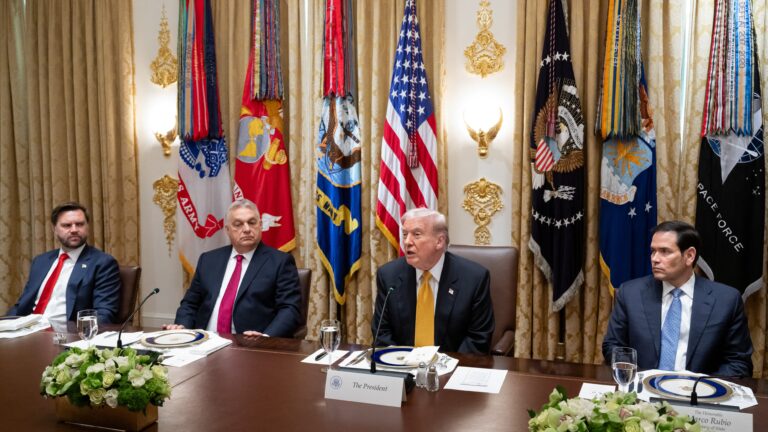The following is a translation of an article originally published on Mandiner.hu.
As Balázs Orbán put it, in the EP elections, voters made one thing clear: they are not satisfied with the direction Europe has taken in the past five years, and they are not satisfied with the policies of Brussels bureaucrats and elites.
The parties responsible for the misguided European policy should not be the decisive players in the next institutional division of the EU and the distribution of institutional leadership positions—Hungary is seeking cooperation with those who believe in a sovereign Europe and that a new and different kind of European policy can be pursued, the Prime Minister’s political director said in Brussels on Tuesday.
Speaking to Hungarian journalists the day after an informal working dinner of EU leaders, Balázs Orbán pointed out that European voters made one thing clear in the European Parliament elections: they are not satisfied with the direction Europe has taken in the past five years, and they are not satisfied with the policies of Brussels bureaucrats and elites. They want change on migration, on the green transition, on competitiveness, and on sanctions policy.
The parties responsible for the failed policies of the past five years are trying to bypass the European electorate and build a coalition of the People’s Party, Socialists, and Liberals that runs counter to Europe’s desire for change, he stated. ‘We Hungarians do not agree with this. In our view,
the parties responsible for the misguided European policy should not be the decisive players in the next institutional division of the EU
and the distribution of institutional leadership positions,’ the political director added.
At the same time, Balázs Orbán said that it is conceivable that in the next term, Europe will continue to have an institutional leadership that takes a pro-war, pro-migration stance and, ‘more importantly and unacceptable for us, that sees its task as putting pressure on pro-peace and anti-migration governments, including the Hungarian government’.
If the EU’s institutional transition takes place without considering the will of the European electorate, Hungary must be prepared to face significant pro-war and pro-migration pressure in the coming years, Balázs Orbán warned.
He also emphasized that Hungary is looking for opportunities to cooperate in the European Parliament with parties that believe in a sovereign Europe and that new and different European policies can be pursued. Those that believe that it is possible to fight migration effectively, to achieve a green transition that does not trample on European competitiveness, to bring peace to the Russian–Ukrainian conflict, and to create an economic model that ensures Europe’s economic development and peaceful growth.
‘We will continue to work to build an alliance of change-makers, a political grouping of the great European sovereigntists,
which will continue to fight, even against a headwind, for change in Brussels in the years to come,’ the political director concluded.
In response to a question on the nomination of Dutch Prime Minister Mark Rutte as NATO Secretary General, he recalled that Prime Minister Viktor Orbán had made it clear that ‘we expect the leaders of all international organizations to respect Hungary’ and to ensure equal treatment in all international organizations, including NATO.
The Next NATO Secretary General Offered Hungary a Valuable Deal
The almost certain front-runner, Mark Rutte, would also put in writing a pledge in return for support that Hungary would not be involved in any NATO activities in Ukraine in the future, including training Ukrainian troops and long-term funding for Kyiv.
Read more about the Orbán–Rutte meeting in our article below:
Click here to read the original article.

